This left more than 50,000 students unable to attend class.
Teachers in Abuja, Nigeria, have been on a months-long strike over pay, forcing hundreds of schools to close due to staff shortages. The dispute is being blamed on the government's delay in raising the new minimum wage.
Specifically, President Bola Tinubu signed a law increasing the minimum wage to 70,000 naira from July 2024 to reduce the impact of inflation following extensive economic reforms. However, nearly a year later, many localities, including Abuja, have yet to apply this salary to teachers.
The Nigeria Union of Teachers (NUT) in Abuja said it would not end its strike until the government fully implemented the minimum wage and unpaid salaries and benefits. “We have already conducted two warning strikes and now the third. Despite many promises, the government has not done anything concrete,” said Abdullahi Mohammed Shafas, the union leader.
Meanwhile, the Minister of the Federal Capital Territory, Mr Nyesom Wike, said the ministry had approved the new salaries but blamed local councils for not making the payments.
The impasse is not only affecting teachers, but also having a profound impact on the lives of students and their families. Teacher Elisha Goni, a primary school teacher in the Garki area, said he can barely cover his living expenses on his current salary.
“I live 50 kilometers away from my workplace to save on rent. But I can’t teach on an empty stomach,” said Elisha.
For students like Blessing, 10, teachers’ absences mean interrupted learning. Instead of studying for the entrance exam, Blessing helps her mother grind chili peppers at a roadside shop. Her mother is considering transferring her to a private school “even though the quality is not good,” just so she doesn’t have to stay home too long.
The strike is another blow to Nigeria’s already fragile education system. The prolonged disruption to students’ education not only affects their knowledge but also has many social consequences: increased child labor, loss of motivation to learn and the risk of children dropping out of school forever.
As Nigeria faces its most severe cost of living crisis in decades, an early resolution of the pay dispute between teachers and local governments is not only an urgent need for education recovery but also a matter of social justice.
In some schools, classrooms are empty, the schoolyard devoid of the laughter of students. Mr. Abdu, 54, a security guard at an LEA school, shared: “I used to help teachers look after students, watching the school gate every time parents pick up and drop off their children. Now I have nothing to do but sleep all day.”
Source: https://giaoducthoidai.vn/giao-vien-nigeria-nghi-day-trong-nhieu-thang-post738473.html







![[Photo] Hanoi morning of October 1: Prolonged flooding, people wade to work](https://vphoto.vietnam.vn/thumb/1200x675/vietnam/resource/IMAGE/2025/10/1/189be28938e3493fa26b2938efa2059e)


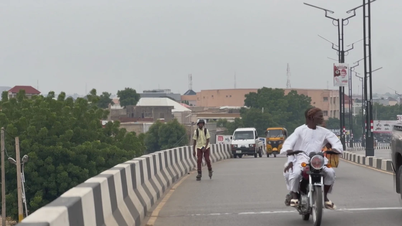





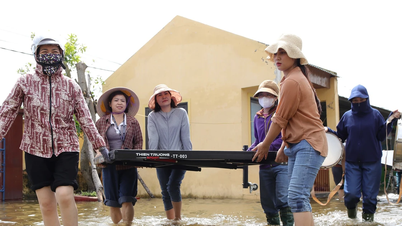














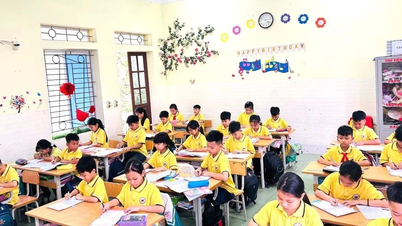



![[Photo] President Luong Cuong receives President of the Cuban National Assembly Esteban Lazo Hernandez](https://vphoto.vietnam.vn/thumb/1200x675/vietnam/resource/IMAGE/2025/9/30/4d38932911c24f6ea1936252bd5427fa)
![[Photo] Panorama of the cable-stayed bridge, the final bottleneck of the Ben Luc-Long Thanh expressway](https://vphoto.vietnam.vn/thumb/1200x675/vietnam/resource/IMAGE/2025/9/30/391fdf21025541d6b2f092e49a17243f)
![[Photo] The 1st Congress of Phu Tho Provincial Party Committee, term 2025-2030](https://vphoto.vietnam.vn/thumb/1200x675/vietnam/resource/IMAGE/2025/9/30/1507da06216649bba8a1ce6251816820)
































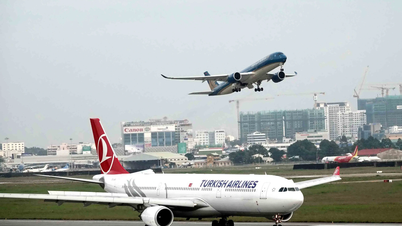












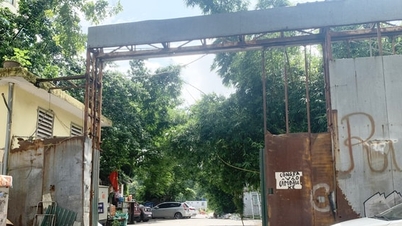




















Comment (0)